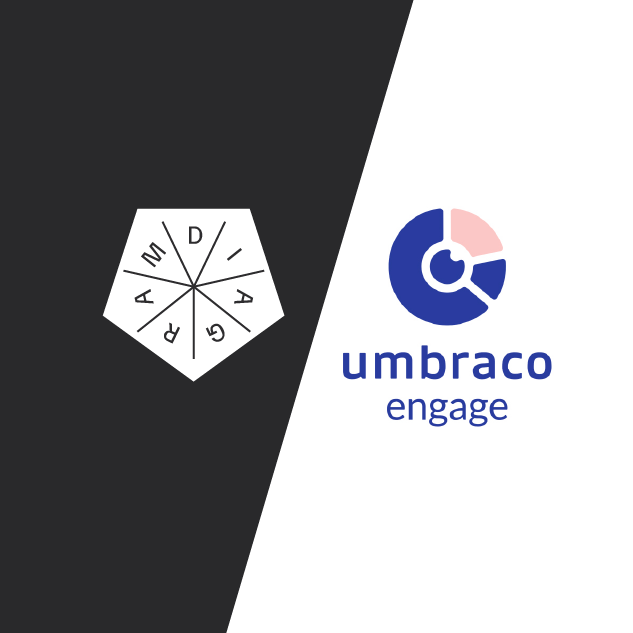Dazzle Your Customers with Inbound Marketing Campaigns
Allison Casey Digital Marketing Director, Partner#Digital Marketing, #Inbound Marketing

Learn how to create and manage an inbound marketing campaign that will drive customers to your site.
As marketers, we have a lot of tools in our toolbox to help us reach our goals. With the help of marketing automation software such as HubSpot, we are able to more easily manage our content marketing workload on a day to day basis, keeping up with the very important cycle of content creation, promotion, nurturing prospects, and delighting our customers.
But what about those “spotlight” times? Maybe you’ve launched a new product or service or want to work on showcasing your expertise on a subject. Or you might want to make a concentrated push on driving conversions on your e-Commerce site. What kind of special “tool” should you be focusing on to help you get there? That’s where you should reach into your toolbox and pull out an inbound marketing campaign.
Why Inbound?
While traditional marketing campaigns target and promote to attract prospective customers, an inbound marketing campaign aligns all of your marketing channels and content around a single message and goal and runs for a shorter period of time. Doing this gives you a focused approach with a definitive time frame, specific message, and measurable end result goals.
Step 1: Define your campaign goals and audience
How will you define success for this campaign? More conversions, more purchases, more email newsletter sign-ups? Whatever your goal is, make sure it’s a SMART goal (specific, measurable, attainable, relevant, and time bound).
Next, define your personas. We’ve blogged about Personas before, and understanding whom your message will be targeted towards is key to developing the right focus for the campaign content (and promotional efforts) that you will be creating.
Step 2: Create an offer and landing page
You can’t run a campaign without an offer. This doesn’t really mean a sale or contest offering. It’s simply a piece of content (or a series of pieces) that educates your audience on a specific topic. Examples of inbound offers are eBooks, webinars, checklists, whitepapers, or tip sheets. Then, create a landing page that promotes this offer. Landing pages are key to helping explain why this content is important, and it’s important to do it right in order to reach your campaign goals.
Step 3: Promote your offer
When pushing out your content offer to potential leads and customers, you’ll need to plan on sending out emails, writing blogs, and using social media to promote it. If it makes sense for organization, you could even consider a pay-per-click (PPC) investment to get more eyeballs on your offer. This promotion should be coordinated with the right messaging based on your personas. Don’t shortchange this step; an amazing piece of content still needs the right promotion!
Step 4: Think beyond conversion
An inbound marketing campaign doesn’t stop when the offer has been created and promoted. You have to plan for what happens after someone clicks “Submit” on your landing page. This step is where a tool like HubSpot can help tremendously. Nurturing these new leads, helping qualify them, and developing messaging to continue to educate them and provide value for them is much more effective (and easier!) when using a marketing automation platform.
Inbound marketing campaigns can be an important part of your overall marketing plan. Keep them focused and supported by awesome content, with measurable goals, and you’ll be sure to see results. Do you have any questions about how to get started? Please contact us, or leave a comment below.
Related Posts

Announcing Our Partnership with uMarketingSuite to Elevate Marketing Analytics and Personalization
We are excited to announce our partnership with uMarketingSuite to elevate marketing analytics and personalization.

2024 Umbraco US Festival Recap
Umbraco US Festival 2024 recap: a dynamic event on content management and digital experience trends and innovations.
Results Matter.
We design creative digital solutions that grow your business, strengthen your brand and engage your audience. Our team blends creativity with insights, analytics and technology to deliver beauty, function, accessibility and most of all, ROI. Do you have a project you want to discuss?
Like what you read?
Subscribe to our blog "Diagram Views" for the latest trends in web design, inbound marketing and mobile strategy.
